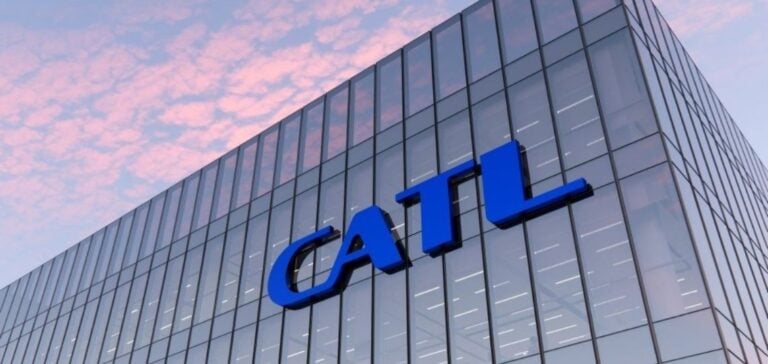**ARTICLE TITLE**
China: CATL redefines safety with a chassis tested at 120 km/h
**HEADLINE**
CATL, in China, unveils a chassis capable of withstanding frontal collisions at 120 km/h, a breakthrough transforming automotive safety standards.
**BODY OF THE ARTICLE**
In China, CATL has introduced an innovative chassis designed to meet the growing demands of automotive safety. During extreme-speed tests, the chassis demonstrated its ability to absorb frontal impacts at 120 km/h, without risks of fire or explosion.
These performances far exceed the standards of the China New Car Assessment Program (C-NCAP), which typically limits collision tests to 56 km/h. A frontal collision at 120 km/h generates 4.6 times more energy than standard tests, presenting complex challenges in design and structural resistance.
A technology focused on innovation
The technology used is based on a complete integration of the battery and chassis, known as Cell-to-Chassis (CTC). This approach improves structural rigidity while optimizing energy distribution in case of impact.
To enhance safety, CATL also incorporated advanced materials such as marine-grade steel and aerospace-grade aluminum, as well as a high-voltage disconnection system that activates in 0.01 seconds during a collision.
A strategic impact on the industry
This innovation opens significant prospects for the automotive industry. CATL estimates that this technology will reduce development cycles for electric vehicles from 36 months to 12 or 18 months. It also promotes increased modularity, facilitating the adaptation of chassis to different models and use cases.
By pushing the limits of safety and customization, CATL positions itself as a key player in the transformation of the electric vehicle market.






















